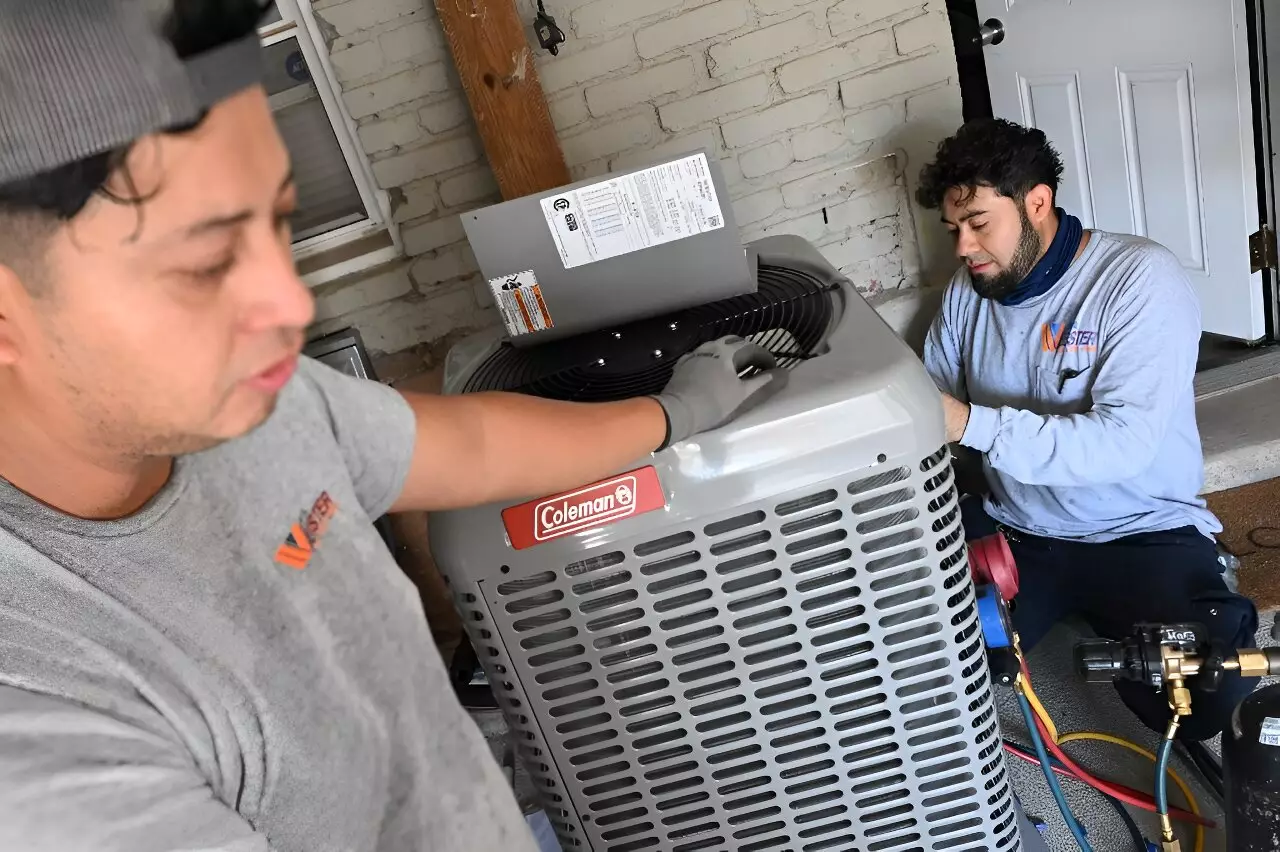One of the key components of the United States’ multi-billion dollar push towards greater home electrification is the installation of heat pumps. While not as flashy as electric cars or as visible as solar panels, heat pumps are an energy-efficient system that replaces both a heater and air conditioner in one appliance. Their importance lies in their ability to help reduce energy-related carbon dioxide emissions, especially in residential spaces.
Despite being common in Asia and Europe, heat pumps have had slow uptake in the United States. This is a trend that the White House is hoping to reverse through a combination of spending and subsidies. The Inflation Reduction Act, part of President Joe Biden’s landmark climate bill, provides tax credits and rebates for those installing heat pumps. Individual states also offer their own incentives to encourage the adoption of heat pumps.
One of the main benefits of heat pumps is their affordability. While the initial cost of total home electrification can be high, there are options available for low- and middle-income households to make the transition more manageable. Heat pumps are also more energy-efficient than traditional gas furnaces or hot water heaters, making them a cost-effective choice for many households.
Despite the benefits of heat pumps, there is still a need for greater awareness and education about their advantages. Many participants in electrification programs are seniors on fixed incomes, indicating that more work needs to be done to convince the general population of the benefits of heat pumps. Full adoption of heat pump air systems in the United States could lead to a significant reduction in national greenhouse gas emissions.
Informed contractors play a critical role in encouraging the adoption of heat pumps. The IRA offers states funding to train contractors on electrification, but there is still institutional inertia that needs to be overcome. With the right incentives and education, more households can be convinced to make the switch to heat pumps, ultimately contributing to a more climate-friendly future.
Heat pumps are an important tool in the fight against climate change and the transition to greater home electrification. With the right incentives, education, and awareness, more households can make the switch to heat pumps and reduce their carbon footprint. It is essential for policymakers, energy organizations, and contractors to work together to promote the benefits of heat pumps and make them more accessible to a wider range of households.


Leave a Reply